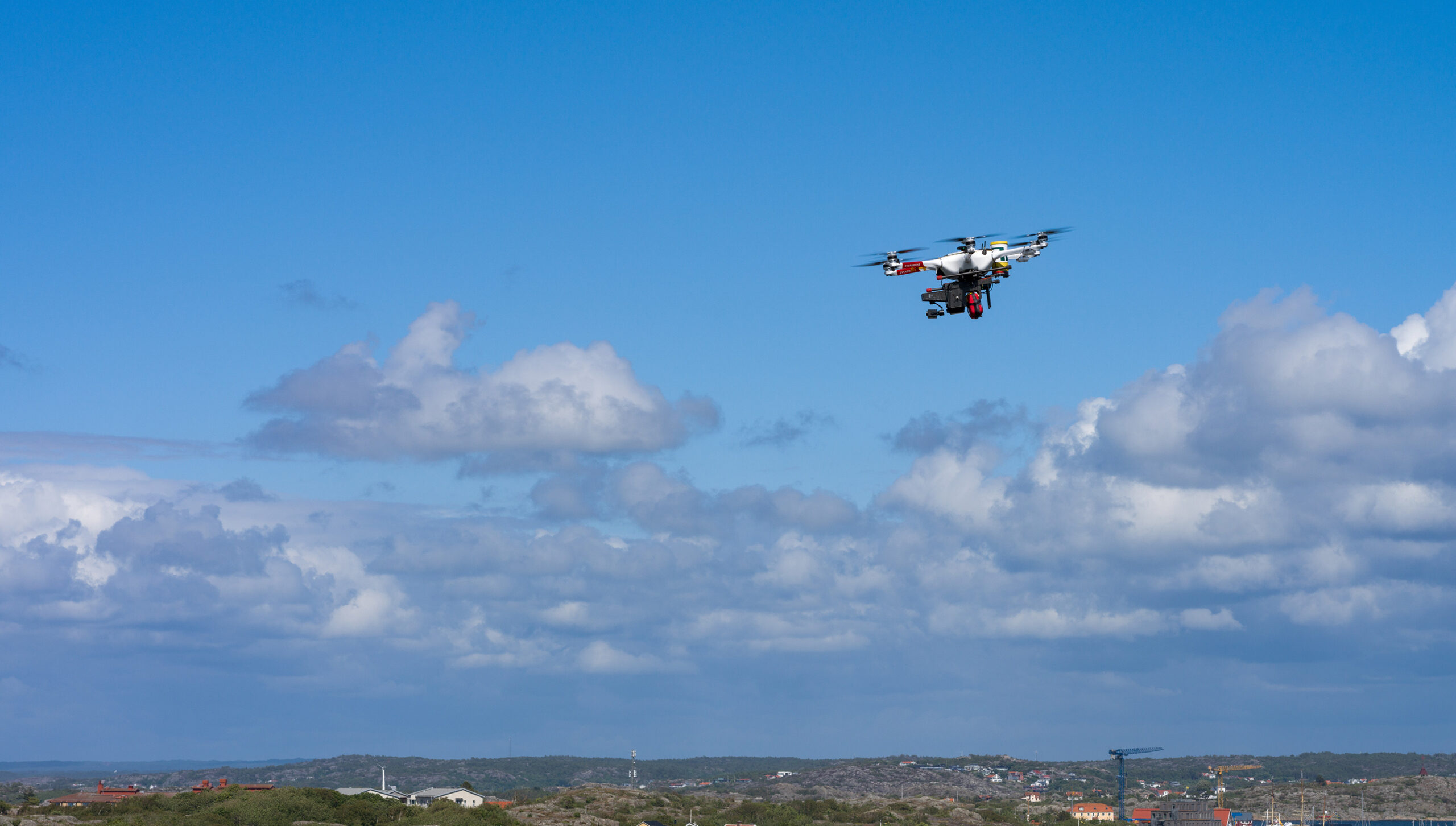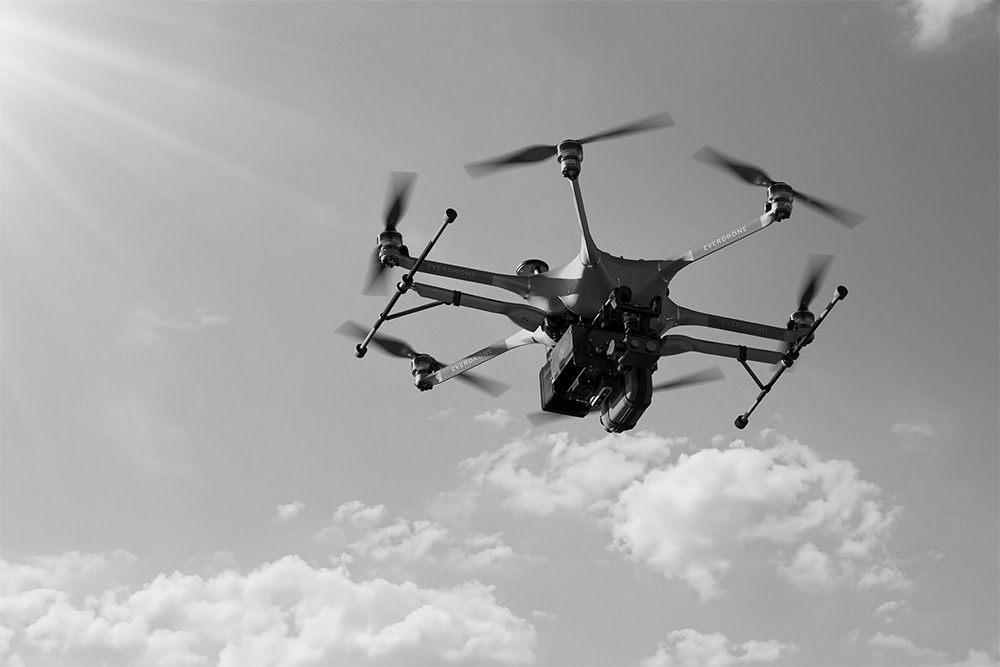The drone technology of the future is tested in UNICEF’s humanitarian air corridor
Press release 21.11.2017
– We currently focus exclusively on technology to be applied in healthcare, rescue and humanitarian efforts. For the BBC we showed, among other things, how our technology enables start, navigation and landing without GPS, says Mats Sällström.
100 million dollars, that is the predicted turnover for the drone industry from now until the year 2020. The challenges lie primarily in autonomous and safe technology – an area that Everdrone specialises in. In October, they demonstrated their technology for BBC TV in UNICEF’s humanitarian drone corridor in Malawi.
Safe airspace is one of the challenges that the drone industry must adapt to in order to be able to grow to the extent predicted. Gothenburg-based technology company Everdrone have focused on developing the technology of the future for drones.
– For drones to become a natural part of society in the future, an entirely different level of safety than what we see today is required. Currently virtually all systems rely exclusively on GPS for navigation, which we see as a significant safety concern and a barrier to the development of the whole industry. That is why we develop navigation based on various types of vision technology. The result is a drone system that can continue to fly in situations where the GPS signal is unreliable and that can also navigate with centimetre precision at low heights where there are people and buildings, says Mats Sällström, CEO of Everdrone.
– Our vision technology, which makes what we call visual navigation possible, is based on a sensor rig with RGB cameras and IR cameras. The cameras deliver a 360-degree picture with depth information of the drone’s surroundings, at a speed of up to 90 images per second. The data is filtered in a number of stages and ultimately we get a system that can safely navigate, avoid obstacles and reliably land with extremely high precision, says Maciek Drejak, CTO of Everdrone.
In October, Everdrone was invited by the Swedish drone service company Globhe to test drive and show its technology for BBC TV in the drone corridor in Malawi. The drone corridor has been designed on behalf of the UN Children’s Fund, UNICEF, as the country is one of the least developed in the world, ranked 170 out of a total of 188 according to the UN development index, HDI. The need to transport medicines and medical equipment is great, at the same time as access to some villages is extremely limited. Particularly in the recurring rain periods that often result in flooding.
The drone corridor in Malawi spans a circular area of about 80 kilometres in diameter over the city of Kasunga, with a population of 60,000, and a number of small villages surrounding it. The BBC will broadcast its report on Everdrone in December (published 2017-12-06: http://www.bbc.co.uk/programmes/w3cswbzj).



